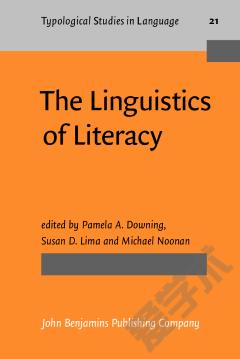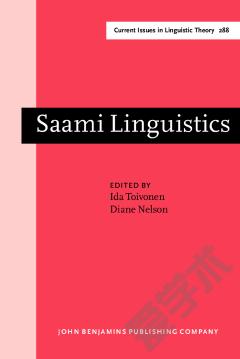The Bilingual Lexicon.
In the study of bilingualism, the lexical level of language is of prime importance because, in practical terms, vocabulary acquisition is an essential prerequisite for the development of skill in language use; from a theoretical point of view, the mental lexicon, as a bridge between form and meaning, plays a crucial role in any model of language processing. A central issue in this volume is at which level of the bilingual speaker's lexicon languages share representations and how language-specific representations may be linked.The contributors favor a dynamic, developmental perspective on bilingualism, which takes account of the change of the mental lexicon over time and pays considerable attention to the acquisition phase. Several papers deal with the level of proficiency and its consequences for bilingual lexical processing, as well as the effects of practice. This discussion raises numerous questions about the notion of (lexical) proficiency and how this can be established by objective standards, an area of study that invites collaboration between researchers working from a theoretical and from a practical background.
{{comment.content}}








 京公网安备 11010802027623号
京公网安备 11010802027623号